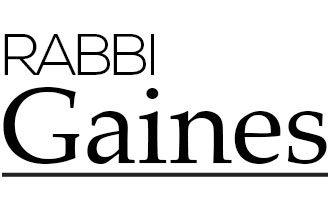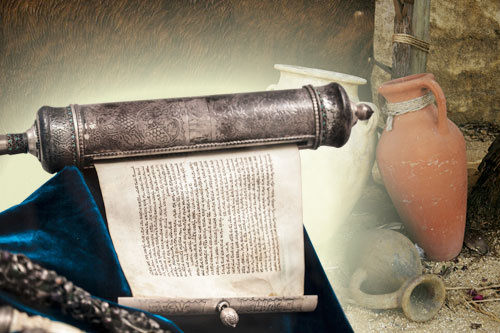The original Bible (Torah) contains many mysteries, some textural, others, structural. Of the structural variety, one mystery stands out as particularly meaningful: the number of its books. Permit me to clarify. In the Talmud (Tractate Shabbat), the Torah is referred to as “Threefold Torah,” i.e. a Torah composed of 3 parts:
1) Chumash (5 Books)
2) Prophets (8 books)
3) Writings (11 books)
In total, the 3-fold Torah contains 24 books: 5 + 8 + 11 = 24. Taken together, these 24 books are called “Tanach” (pronounced “Tanak”.)
Now the strange part: numbers, in Torah tradition, convert into words (each of the 22 letters of the Hebrew alphabet possesses a unique numerical value.) When 24, the total number of books in the “3-fold” Torah, is converted to its corresponding Hebrew letters, the word “Kad” is formed (whose basic Hebrew meaning is “jug” or “vessel.”) This correspondence is quite strange, for a jug/vessel is nothing more than a common everyday household tool, utilized (especially in Biblical times) to draw water from a well or spring. Case in point, in the book of Genesis, Rebecca (future wife of Issac) appears before Eliezer (servant of Abraham) with a “kad” (vessel) on her shoulder. In the Torah’s language, “And behold, Rebekah went forth....and her vessel was on her shoulder” (Genesis 24:15.) And to where did she go? Continues the narrative, “And she descended to the spring and she filled her vessel, and she went up” (Genesis 24:16.)
So now comes the very big question: Why would the Torah - God’s special revelation to mankind - possess a numerical structure hinting at a common household item? Would it not be far more dignified to choose a number whose Hebrew equivalent equals something special, a crown or scepter perhaps? Why did God choose to build his law (24 books of the Bible) around an image so commonplace (vessels and jugs are found everywhere)?
“Commonplace” is exactly the lesson! Would the Torah’s structure have hinted (numerically) to golden crowns or silver scepters, I would be forced to conclude is was intended only for the super-elite, since it is they who possess such finery. By choosing to structure His law around “vessels,” something so ordinary, God wished to hint that His law belongs to everyone: rich, poor, you, and me.
In conclusion, the Torah might have originated in the heavens above - in the very highest of celestial palaces - but its wisdom was given to us below without discrimination. Hence, we all share a responsibility in its implementation, for we are all precious in the eyes of the Almighty, and we must all do our very best to bring His light into our “vessels” - our common everyday lives.




